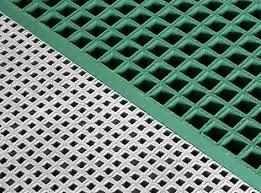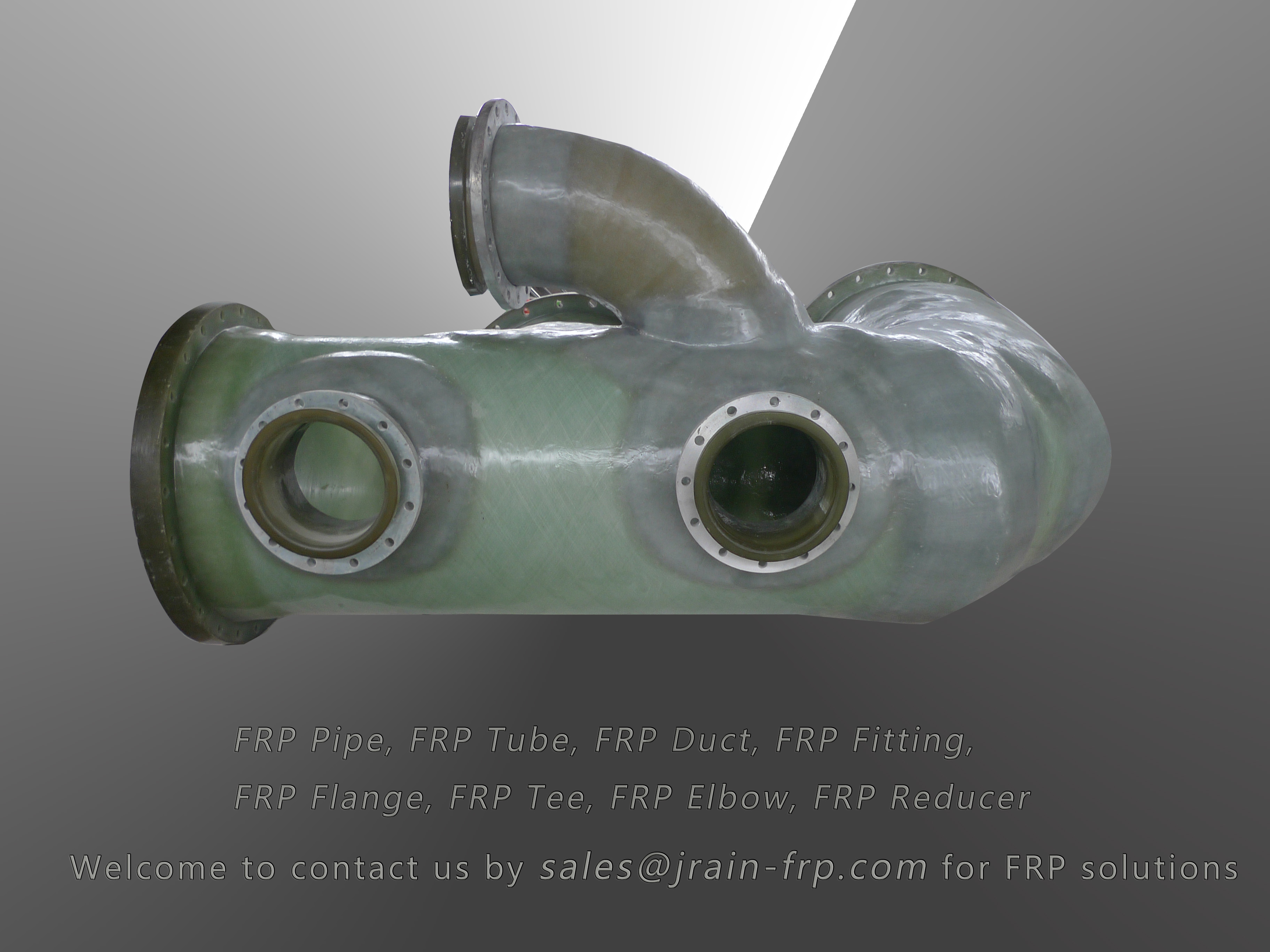
-
 Afrikaans
Afrikaans -
 Albanian
Albanian -
 Amharic
Amharic -
 Arabic
Arabic -
 Armenian
Armenian -
 Azerbaijani
Azerbaijani -
 Basque
Basque -
 Belarusian
Belarusian -
 Bengali
Bengali -
 Bosnian
Bosnian -
 Bulgarian
Bulgarian -
 Catalan
Catalan -
 Cebuano
Cebuano -
 China
China -
 China (Taiwan)
China (Taiwan) -
 Corsican
Corsican -
 Croatian
Croatian -
 Czech
Czech -
 Danish
Danish -
 Dutch
Dutch -
 English
English -
 Esperanto
Esperanto -
 Estonian
Estonian -
 Finnish
Finnish -
 French
French -
 Frisian
Frisian -
 Galician
Galician -
 Georgian
Georgian -
 German
German -
 Greek
Greek -
 Gujarati
Gujarati -
 Haitian Creole
Haitian Creole -
 hausa
hausa -
 hawaiian
hawaiian -
 Hebrew
Hebrew -
 Hindi
Hindi -
 Miao
Miao -
 Hungarian
Hungarian -
 Icelandic
Icelandic -
 igbo
igbo -
 Indonesian
Indonesian -
 irish
irish -
 Italian
Italian -
 Japanese
Japanese -
 Javanese
Javanese -
 Kannada
Kannada -
 kazakh
kazakh -
 Khmer
Khmer -
 Rwandese
Rwandese -
 Korean
Korean -
 Kurdish
Kurdish -
 Kyrgyz
Kyrgyz -
 Lao
Lao -
 Latin
Latin -
 Latvian
Latvian -
 Lithuanian
Lithuanian -
 Luxembourgish
Luxembourgish -
 Macedonian
Macedonian -
 Malgashi
Malgashi -
 Malay
Malay -
 Malayalam
Malayalam -
 Maltese
Maltese -
 Maori
Maori -
 Marathi
Marathi -
 Mongolian
Mongolian -
 Myanmar
Myanmar -
 Nepali
Nepali -
 Norwegian
Norwegian -
 Norwegian
Norwegian -
 Occitan
Occitan -
 Pashto
Pashto -
 Persian
Persian -
 Polish
Polish -
 Portuguese
Portuguese -
 Punjabi
Punjabi -
 Romanian
Romanian -
 Russian
Russian -
 Samoan
Samoan -
 Scottish Gaelic
Scottish Gaelic -
 Serbian
Serbian -
 Sesotho
Sesotho -
 Shona
Shona -
 Sindhi
Sindhi -
 Sinhala
Sinhala -
 Slovak
Slovak -
 Slovenian
Slovenian -
 Somali
Somali -
 Spanish
Spanish -
 Sundanese
Sundanese -
 Swahili
Swahili -
 Swedish
Swedish -
 Tagalog
Tagalog -
 Tajik
Tajik -
 Tamil
Tamil -
 Tatar
Tatar -
 Telugu
Telugu -
 Thai
Thai -
 Turkish
Turkish -
 Turkmen
Turkmen -
 Ukrainian
Ukrainian -
 Urdu
Urdu -
 Uighur
Uighur -
 Uzbek
Uzbek -
 Vietnamese
Vietnamese -
 Welsh
Welsh -
 Bantu
Bantu -
 Yiddish
Yiddish -
 Yoruba
Yoruba -
 Zulu
Zulu
Feb . 04, 2025 03:49
Back to list
frp walkway
The versatility and robust nature of FRP walkways make them an optimal choice for industrial, commercial, and even residential applications. As one of the most reliable and enduring solutions, FRP (Fiberglass Reinforced Plastic) walkways are revolutionizing how industries approach safety and structural integrity. This article delves into why FRP walkways are indispensable, drawing from extensive industry experiences and professional insights.
Trustworthiness is further cemented by the ecological benefits of FRP walkways. With a growing emphasis on sustainability, FRP products offer an environmentally friendly alternative compared to traditional building materials. FRP walkways have a lower carbon footprint owing to their longer lifespan and recyclability. In addition, their corrosion-resistant nature means that they do not leach harmful substances into the environment, presenting a non-polluting solution in sensitive ecological areas. Product quality is also a cornerstone of FRP walkway systems. With manufacturers continually innovating and engineering advanced FRP composites, buyers are assured of receiving a product that incorporates the latest technological advancements and best practices in the industry. These qualities guarantee longevity and return on investment, proving the cost-effectiveness of adopting FRP walkways. In an anecdotal light, companies that have transitioned to FRP walkways often speak to the tremendous impact on their operational logistics and safety records. Reports frequently highlight increased worker productivity and morale due to improved safety conditions, as well as lower maintenance costs and time savings on routine inspections. The positive feedback loop created by the implementation of FRP solutions fosters an environment of trust and reliability, both internally and with external stakeholders. In summary, FRP walkways are a paradigm of premier safety and operational efficiency. Their expertly engineered design and environmentally conscious construction make them an essential asset across various sectors demanding uncompromising safety standards and long-term durability. Embracing this technology not only signifies a commitment to innovation but also reinforces a company's dedication to workforce safety and environmental stewardship, qualities that resonate with modern-day business ethos.


Trustworthiness is further cemented by the ecological benefits of FRP walkways. With a growing emphasis on sustainability, FRP products offer an environmentally friendly alternative compared to traditional building materials. FRP walkways have a lower carbon footprint owing to their longer lifespan and recyclability. In addition, their corrosion-resistant nature means that they do not leach harmful substances into the environment, presenting a non-polluting solution in sensitive ecological areas. Product quality is also a cornerstone of FRP walkway systems. With manufacturers continually innovating and engineering advanced FRP composites, buyers are assured of receiving a product that incorporates the latest technological advancements and best practices in the industry. These qualities guarantee longevity and return on investment, proving the cost-effectiveness of adopting FRP walkways. In an anecdotal light, companies that have transitioned to FRP walkways often speak to the tremendous impact on their operational logistics and safety records. Reports frequently highlight increased worker productivity and morale due to improved safety conditions, as well as lower maintenance costs and time savings on routine inspections. The positive feedback loop created by the implementation of FRP solutions fosters an environment of trust and reliability, both internally and with external stakeholders. In summary, FRP walkways are a paradigm of premier safety and operational efficiency. Their expertly engineered design and environmentally conscious construction make them an essential asset across various sectors demanding uncompromising safety standards and long-term durability. Embracing this technology not only signifies a commitment to innovation but also reinforces a company's dedication to workforce safety and environmental stewardship, qualities that resonate with modern-day business ethos.
Next:
Related Products









